
Tech Diva Biz Talks
Ready to mix business with brains, tech, and just the right amount of side-eye? Then welcome to Tech Diva Biz Talks (formerly the Business Chop), the podcast where strategy slays, tech behaves (mostly), and your host, Audrey “Tech Diva” Wiggins, says what everyone else is thinking about marketing and entrepreneurship.
We’re spilling the tea on business blunders, brand glow-ups, digital do-overs, and how to stop ghosting your website. Interviews? Sometimes. Sass? Always. Tech working better for your business? That’s the goal.
Subscribe now to catch every episode and exclusive content.
Want to be a guest on Tech Diva Biz Talks? Send Audrey Wiggins a message on PodMatch, here: https://www.podmatch.com/hostdetailpreview/audreywiggins
#LetsTalkTech #Entrepreneurship #PublishedAndPaid #Authorpreneur #Storytelling #EntrepreneurLife #MarketingMoves #SuccessBlueprint #StartupHacks #KeepItLegal #ScaleYourBusiness #TechForBiz #SmartMoney #BrandingBoss #Innovation #HustleSmart #Mindset #DigitalMarketing #ExitStrategies #SuccessionPlanning #VisualStorytelling #TeamWork
The Tech Diva Biz Talks podcast is a production of Altogether Marketing LLC founded by Audrey Wiggins, Chief Brand Strategist aka Tech Diva. Visit https://altogether.biz for more information.
Tech Diva Biz Talks
Empowering Entrepreneurs To Harness AI for Smarter Business Growth with Kendra Corman
In the ever-evolving landscape of digital marketing, staying ahead of the curve is essential for entrepreneurs and business owners. This episode Kendra Corman, a marketing strategist with a passion for boosting productivity and visibility through AI, podcasting, and email marketing. She shares her journey from AI skeptic to advocate, revealing how AI has transformed her approach to content creation and marketing. She emphasizes the critical importance of:
- Building an email list before launching a website or creating business cards
- Choosing social media platforms based on personal preference and engagement
- Understanding your audience through direct conversations
Leverages AI to streamline her workflow and boost productivity:
- Creating personalized AI "employees" for specific tasks
- Training AI on your unique voice and style
- Using AI to repurpose content across multiple platforms
Some common misconceptions about AI:
- The fear of AI-generated content sounding robotic
- Concerns about copyright infringement
- Worries about job displacement
Learn how to harness the power of AI to flip the traditional work pyramid:
- Create a "voice paragraph" to train AI on your unique style
- Develop a "words not to use" list to maintain brand consistency
- Leverage AI for content repurposing and time-saving strategies
Connect with Kendra on LinkedIn at kendrac
Buzzsprout - Let's get your podcast launched!Start for FREE
Altogether Domains, Hosting and More
Bringing your business online - domain names, web design, branded email, security, hosting and more.
Small Business Legal Services
Your Small Business Legal Plan can help with any business legal matter.
Digital Business Cards
Let's speed up your follow up. Get a digital business card.
Digital Marketing Platform
Content Creator Machine - The integrated all-in-one online marketing, business tool/platform.
Looking for Podcast Guests?
Keep your podcast schedule full with quality guests from PodMatch.
Riverside.fm Your Own Virtual Studio
Professional Virtual Studio
Designrr for eBooks, Blogs
Create eBooks, Blogs, Lead Magnets and more!
Mens and Womens Hats
Since 1972, American Hat Makers has been dedicated to the art of fine hat making.
Disclaimer: This post contains affiliate links. If you make a purchase, I may receive a commission at no extra cost to you.
Want to be a guest on Tech Diva Biz Talks? Send Audrey Wiggins a message on PodMatch, here: podmatch.com/hostdetailpreview/audreywiggins
To work with Audrey schedule a breakthrough/discovery session.
[00:00:00 - 00:00:56]
Welcome to Tech Diva Biz Talks, where we tune in, dive deep, and level up. I'm your host, Audrey Wiggins, AKA the Tech Diva, brand strategist, marketing mind, and your guide through the ups and downs of entrepreneurship. Let's talk tech. Hello, Tech Diva Nation. Welcome back to Tech Diva Business Talks. Our guest today is Kendra Corman, and she is a marketing strategist passionate about boosting productivity and visibility through AI podcasting and email marketing. I feel like I'm holding up a mirror, people. I'm excited to meet Kendra and introduce you to her today. So she excels in crafting innovative campaigns that keep businesses top of mind and drive growth. Kendra is dedicated to making a meaningful difference, helping brands turn challenges into triumphs. Welcome, Kendra, to Tech Diva Biz Talks.
[00:00:56 - 00:00:59]
Thanks so much for having me. I'm super excited to be here.
[00:00:59 - 00:01:08]
Yes, I'm excited to have you. And before we get going, we'll take a quick break, but before we get there, share with the nation. You know, one or two personal fun facts.
[00:01:09 - 00:02:10]
So I learned to drive a Viper on the Rolex 4 Course at Daytona. Yeah. So that was pretty cool. That was a really fun job that I had back in my corporate days that I love. And I was anti AI. When ChatGPT first came out, I didn't want to use it because I'd used, Jasper before, and it was supposed to be this great writer, and I didn't like the results, and it took me, six hours to try and get any results. And so a friend of mine asked me. He's like, so what do you think of this new AI thing? And I'm like, AI is stupid because. Because I can do it faster and better and, like, I'm not doing this. And he's like, yeah, no, no, you can't. You can't say that. And I was like. Then he listed all my AI systems that I was using at the time, which, by the way, there was a lot of them. And I was like, oh, that's what that.AI after it meant. I was so embarrassed. Then I got on the bandwagon.
[00:02:10 - 00:02:38]
Yeah, right, Right. I know. But that's true, though, because especially as. As a creative and we're both the same, like, was like, I didn't want to use that because, well, you know, I would. I felt like I was being a fraud or something. And because even, like our podcast, I came up with all the titles, I read all the descriptions, all of that stuff from scratch, and it's okay to be, like, creative like that, but Then we can take this, that energy and put it into something else. Because. Because what got me comfortable with it was the fact that I'm giving it my information.
[00:02:38 - 00:02:39]
Yeah.
[00:02:39 - 00:02:44]
It's just formulating it. We're prompting it to give us back what we want with. With our own content.
[00:02:44 - 00:02:45]
Exactly.
[00:02:45 - 00:03:17]
Yeah. Yeah. All right, so I feel like we've already started the show, so we're going to be right back and we're going to hear more from Kendra Corbin. Sponsored by All Together Domains. Bringing your business online, whether you are launching a new venture or leveling up your brand altogetherDomains.com helps you secure your digital real estate the smart way. Visit All Together Domains.com okay, Kendra, welcome again to Techniva Biz Talks. Are you ready to talk it up and talk tech here?
[00:03:17 - 00:03:19]
Yes, I love talking tech.
[00:03:19 - 00:03:41]
All right, all right, so let's get going here. We're gonna write off the riff. When launching a business, what's the very first marketing move? A savvy entrepreneur. That's savvy, right? They have to be savvy. Should make before the logo, before the website and even before the business cards. And to have like a sidebar on business cards. Well, right.
[00:03:41 - 00:04:59]
No, I mean, that's what everybody does. They want to build the website and the business cards and get the flyer and do all this stuff. Perfect. And there's. So the first thing to do is to build your email list before anything else. Start building your email list when you start going out networking, when you start going out and talking about what you're doing. Have a place where they can join your email list. You don't need a website to start a company anymore. You don't, you can, you can literally just start with a landing page and have that ready and grow your email list. Email is still the most effective and efficient way to market a business and to grow it. I needed to take my own advice way, way, way back when. I ended up a lot slower in my growth than I ever should have been. Mostly because I didn't actively solicit for my email list. I was working off referrals and I was busy enough and things were good enough and everything was, you know, okay, those two four letter words, right. Busy and good. And it wasn't going to get me to great and I skipped that step. And so I tell everybody, before you do anything, when you've made up a decision to. To get going, can have a text logo, it doesn't matter. Get out there and start marketing to people. Start building relationships through email marketing.
[00:04:59 - 00:05:17]
Absolutely. That's awesome. So I'm going to skip around here. So we talk about no website yet. No problem. And. Or is it. So then, because you talked about this a little bit, can you market your brand before you've got a digital home base? Because now we're in this, this digital landscape that we live in.
[00:05:17 - 00:06:04]
Yes. I mean, you can start immediately, right? You can you. Do you need a website eventually? Yes. Do you, you know, should you have all the digital bells and whistles that go with it? Yes. But if you don't have anything coming in, then you need to limit what's going out. So ramp that up as fast as possible. And the best way to do that is just through a landing page that you can have redirected by your URL and redirect it to, you know, kit that used to be convertkit or Constant activecampaign. All these email systems have landing pages that you could redirect your URL to. It's not going to really be out there building your search engine optimization or anything like that, but building that email list is building those relationships. And that is just so, so important.
[00:06:04 - 00:06:24]
Yes. Because that's where our customers are going to come from. We have this, this landing page. Or you're just doing our email marketing. I know that's a real pet peeve. Not a pet peeve of yours. That's really queen for you, is really having that. So we're posting podcasting, blogging, you know, rinse and repeat. So how do that content machine fueled without burnout?
[00:06:24 - 00:07:24]
So I recommend starting with one core base piece of content. I use my podcast for that. And it drives and can drive the rest of everything else. Right. I spend, you know, 30 to 45 minutes recording a podcast episode. I can break it up into multiple social posts from pulling out like a tip or a quote or a reel or a story I can pull. I can announce that the episode is live. There's just so many different things I can do. And then I can build on that theme by building an email directly from it. So when you're thinking through your plan, start with one thing that you're going to invest your time and your thought and your mental calories towards and then take that and make it into everything else. Now, the biggest objection I get about that, that is, well, won't people get tired of hearing. Nobody's hearing all of it. Nobody's seeing all of it.
[00:07:24 - 00:07:29]
That's right. Even if you tag them right, they're.
[00:07:29 - 00:07:41]
Not seeing it as much as you're seeing it. So you can post something 10, 15 times and maybe two or three people might see all of them. But that's it. Even if you have hundreds of followers.
[00:07:42 - 00:07:53]
That's right. So sometimes we're talking about posting. Social media may feel like there's a party, you know, in every corner. So how do you know which platform forms deserve your time and your brilliance?
[00:07:54 - 00:08:48]
I love this question because I used to answer it differently and I started, I've, I've converted myself down a different path. And that is I used to tell people, go wherever your customers are. Right. Where, find out where they're at and be there. These main platforms are so huge. Your customers are on any and all of them. Pick the one you like the most. The one where you sit down on the couch and you pull out your phone and you, you're scrolling through it. Where are you going to spend the time? Where do you want to go and actually interact with people? Social media is meant to be social and that's where a lot of us fall flat, is that we're not having conversations there, we're posting and moving on. And so start with one, prove to yourself you can keep it managed. Right. Go ahead, grab your brand name on all of them, no problem. Right.
[00:08:49 - 00:08:49]
Right.
[00:08:49 - 00:09:04]
You can go ahead and protect your identity. Pick one that you're going to be active on. Then if you are like, well, I really want another one, then, then pick another one. But prove to yourself that you can not just post but actually interact and be social on that network.
[00:09:05 - 00:09:15]
Makes a lot of sense. Because, because you're right. We'll be scrambling all over the place whether AI is helping us or not. But then it's, you know, going back, you know, we're ghosting all of those posts or those platforms.
[00:09:15 - 00:09:29]
Yeah. And it's, you know, again, these platforms are so huge. Your customers are on. Right. So it, pick one that you like to spend time on and are most comfortable with and go with them.
[00:09:29 - 00:09:42]
So that leads me into our next question about knowing our audience. And because everyone says that your niche, you know, your audience, who you're talking to. So what does that really mean in today's noisy online world? A little bit about. We just alluded to.
[00:09:42 - 00:11:29]
From my perspective, knowing your audience and understanding who they are means actually talking to them. Even if you have no business or if you have a huge multimillion billion dollar business. What you have to talk to people. We don't want to, we want to send out a survey. We want to have everything. Electra. We want to run a LinkedIn poll or a Facebook poll or we want to do everything that doesn't require us dealing with people directly. But pick out who your target audience is. Who are those people that you want to work with? And then talk to them about what's keeping them up at night. What, what problem are you solving that's helping that. What words do they use? How do they, how do they do it? I, I work my full service agency. I work with a financial institution. The words they use are not the words that I use when I'm talking about banking. I don't talk about deposit accounts. I talk about a checking or a savings or a money market or a cd. Right, and so you want to use those right words for your audience. We have a tendency, and I am so guilty of this, of using so much lingo in what we do. It just doesn't connect. And so really knowing your audience, knowing who you want to work with is so important. And then having the guts to narrow it down. Don't be afraid. Well, I work with these people too. And it's like those people will still usually come to you. When you're known for working with this other group, pick the one you want to stick with. If it's women over 50, go for it. Own that space and let them come to you. Let them build a relationship with you and talk to them in the way that they want to be talk to with the words that they use so that they feel like you understand them.
[00:11:29 - 00:11:48]
I remember when I first started, I was talking about my market as I serve small businesses. And you know, there's always somebody in the fringes. It might have been a church or some other type of nonprofit or whatever would end up or family reunion. So an individual, because they can use your, your product or service, but small business, that's like the whole cast, the.
[00:11:48 - 00:11:53]
Whole umbrella, that's like 90% of businesses in the United States, like, who are.
[00:11:53 - 00:12:28]
You really serving in that group? And it's really took me a long time to hone in. And so, and so what I did was kind of looked at the core of clients that I was really serving. And it ended up being. Because you said women, say you did use the example of women or people over 50, and it was really, I like to use the word wise women. So Basically they're somewhere 50, but they're 60 and over, but still in business and wanting to transition and stay relevant using the tools of today. And I thought that was a real eye opener to find that out. And then, then we had to go back, of course, and kind of Rework things that we do so that we really speak to the bullse.
[00:12:29 - 00:13:42]
Basically, yeah. And it's, it's funny because when you do niche down and get specific, people don't not come to you for other things. You're so well known for doing this thing well that they're like, hey, I know you don't do this, but do you know anybody who does X, Y or Z? Right. And then you're like, I actually do X, Y and Z. Let's see if it's the right fit. Because they'll come to you first. Because you can only be like one thing to people in their minds. And so if you can clearly define that, that's huge. I remember I was in a networking meeting and it was a referral group and somebody had said, I had a lot of success with a dentist last week and told us a success story about a dentist that they had worked with. And they're like, I'd like an introduction to your dentist. And I'm like, I can do that. And I gave them an introduction to my dentist and my dentist actually did start working with them. But that was specific. I knew exactly what to do if they said, hi, I've had a lot of success with different kinds of medical practices. I'd like to be introduced to a medical practice. I'd be like, huh, I don't know any medical practices, but they like, introduce me to your dentist. And I'm like, I can do that. It makes introductions and just recommendations so much stronger.
[00:13:42 - 00:13:46]
Yes. Because like you said, going back to your other example about speaking your client's language.
[00:13:46 - 00:13:47]
Exactly.
[00:13:47 - 00:14:00]
So let's move on to a more tech side of the relationship. Talking about AI with personality. How can business owners use AI tools and still sound like a real human, if not a robot?
[00:14:00 - 00:14:24]
I love that question, because that's the biggest complaint I get when people are using AI is, oh, it doesn't sound like me. It's using these EM dashes, which are those longer dashes, and I don't use those. Or it's doing like little titles with semicolons in front of every bullet point. So first off, it learned on the Internet, the whole Internet. There's a lot of us that do that and have done that for a really long time. That's where it got most of that structure from.
[00:14:24 - 00:14:28]
So it's not making it up is what comes out.
[00:14:28 - 00:14:28]
It is.
[00:14:28 - 00:14:29]
It is.
[00:14:31 - 00:15:57]
Right? Exactly. It wasn't trained on us, it was trained on everybody. And so what you want to do is give it examples of the way you write and I do this, I get my voice or my voice paragraph, and I'll give you the voice paragraph. So you can put it in the, the. The description. But I will give chat GPT A. I'll tell it you're an AI system and you are going to train another AI system on the voice for LinkedIn. And then I'll do like three, four LinkedIn posts, examples of stuff that wrote. You can do the same thing with Facebook, Instagram, blog posts, emails, article, whatever it is that you want to train it on. And then you get a unique voice for that and it will use it and it cuts down the editing time. You would not believe the hours I've saved. Once I did the po, once I trained it on my voice and got my voice paragraph. And then my little pro tip, include a words not to use list. I don't use ethos, I don't use crucial. I don't use maven. I. I don't use. Like, there's a lot of words out there that AI likes to throw in there that I don't like to use. And so I'll say, do not use the following words. And I give it all of the words not to use too. Again, that helps keep those AI flags out of there and lets it really reflect who you are. AI loves examples. Give it examples.
[00:15:57 - 00:16:10]
Yeah, that's powerful. I think that's going to be really helpful. So this, this is kind of the same question. It's like, so what's the smartest way AI can help us reclaim our and streamline how we communicate?
[00:16:10 - 00:17:00]
The best way to do that is to really leverage it to break things up. So we talked a little bit about burnout and how you can really create the amount of content that you have to create nowadays because you want to be emailing people. I strongly recommend podcasts because they're great way to meet new people and create relationships and get additional reach and exposure. But when you're creating that and you're doing the email and you're doing the social posts and like, when do you have time to work? Like, there is no time. So AI lets us do that. It lets us repurpose that content in multiple ways with content that we wrote or that we talked about or that we talked through, right? It takes your ideas. AI is not coming up with any new ideas, but what AI is able to do is help you repurpose that and just save you a ton of time.
[00:17:54 - 00:18:50]
So I do a lot of training on AI and a lot. It'll never sound like me. That's one. Clearly we, we covered that one already. But another one is that, oh well, it learned on the Internet and therefore half of what it's going to give me is going to be a copyright infringement. That's something to be cognizant of, is that sometimes it hallucinates, which I love the fact that hallucinate is a technical term, but it sometimes it hallucinates and will make things up or borrow from someone else's stuff. That is possible. I only had that happen once, way back in the beginning. But once I learned to give it enough information, I've never had Grammarly come up with another flag on copyright infringement or plagiarism anywhere. And so I think that that's really important. The other thing is that AI is going to take all of our jobs.
[00:18:50 - 00:18:51]
Oh yeah, that's a good one.
[00:18:51 - 00:20:45]
It's not right. The people that know how to use AI are going to take Q drop. I did a presentation to a bunch of nonprofits and one of one lady walked up to me afterwards and she goes, thank you so much. And I was like, why? And I was like, what did you learn? I'm like, I'm all excited. And she's like, well, I learned I'm going to try using AI because I wasn't using it because I thought it was going to take my job. And I was like, okay, she works at a smaller sized nonprofit. I'm like, how many jobs do you have at the nonprofit? And she's got four. I'm like, no, it's definitely not taking your job because you're the only one that wants to do all four jobs and get paid for one. Right. But it'll actually allow you to do like two of those, those jobs. Well, it'll let you get through some of that to do list. And I think that that's so important. Another thing related to that is I always talk about the work pyramid and I was in A presentation with a guy who's been a part of AI from long before we even knew AI was a thing outside of like Terminator. But the work pyramid is that 60% of our day is spent on work about work. Two to three hours a day are spent doing what we're paid to do. And less than 10% of our day is spent on actually innovating and coming up with new ideas and doing the things that AI cannot do. And AI is going to flip that pyramid. AI is going to reduce the time we spend on work about work. That is what is so important. So the more you learn it, the more you get comfortable with it, the more you understand how it works and how it works for you, the further ahead you're going to be. And I just think that if you think about it that way, you can get more comfortable with it. But it's not. Not. I mean, our job's gonna go away. Yes, they are. I mean, it's just the way we've evolved over time. I look at that, the movie Hidden Figures. Did you. Yes, if you've seen that, I love that movie. Anyway, the IBM was coming into play. Who knew how to use the IBM.
[00:20:45 - 00:20:46]
Yeah, that's right.
[00:20:46 - 00:20:50]
Right. Who kept their jobs because they evolved with the technology.
[00:20:51 - 00:20:57]
Yes, the tech. Right. The technology has to be used. It just doesn't sit over there and we think about it and it starts working.
[00:20:58 - 00:21:28]
So they were able to evolve and keep up with technology, and because they were so far ahead, they kept their jobs when those jobs would have gone away. And we've had lots of jobs go away in the past. We don't have switchboard operators anymore and things like that. So jobs are going to go away in the end. Most of what I'm seeing though, with AI implementations is it's not, it's not replacing anybody. People are just not having a list of 150 things that they hadn't gotten to. Now it's only like a hundred things long.
[00:21:29 - 00:21:30]
Right, exactly.
[00:21:30 - 00:21:40]
There's so much I don't know anybody that gets their whole job done in a workday. So it's. It's really important to start learning it and don't be scared of it.
[00:21:40 - 00:21:53]
Yes, absolutely. That is. That's fantastic. Now help a tech diva out. So how can we shift from being in the day to day to rising up and working on the empire that we're building?
[00:21:54 - 00:22:04]
So I would say to get out of the day to day, you need to empower your AI employees. So I have Susie strategy, I have Frank fundraiser, I have Yolanda.
[00:22:04 - 00:22:25]
YouTube for a minute. Let me stop you for a minute, because sometimes when I think when the word agent and a virtual assistant. Not the, not the VA version. No, but yeah, it first came out, people were thinking it was okay, is this a robot? You know, what are they actually talking about? Because, you know. So can you do a quick sidebar, then come back and name your. Your team?
[00:22:26 - 00:24:58]
Yes, of course. So there's a couple of different ways people are using AI. There are AI agents which are trained on data. So I have an AI bootcamp, right? And I'm building an AI agent right now for it. It's going to be trained on my book and on the transcripts from all the course lessons and all the questions and answers that I get along the way that I add to the bootcamp. It's trained on transcripts of presentations and transcripts of podcasts that I've done on the topic. And it has all of that information in there. And so if someone asks question, it pulls information out of that, in that data, so you can actually train it on your information. What you're doing, those notes. Copilot's getting really, really good with this. And then Gemini is getting very good with this. On the, on the Google side is that you're going to be able to ask questions of people anytime you want, any time of day, and get the answer from them without waiting for them to come back online or get out of a meeting or send an email. And so these are just things that are programmed with that specific data now in another way that they use it, which is much more common, especially if you're starting out, is custom GPTs. And I like Claude a lot because Claude is just a better writer. He's my BFF when it comes to writing. And I write like it feels like eight hours a day sometimes. So Claude has what's called projects, and that's just its version of custom GPTs. And those are again, just programmed with very specific, very narrow guidelines. So again, I, I name them all. Like Frank Fundraiser, Suzie Strategy. Suzie Strategy has got 20 plus years of experience. She basically has my resume. She's got different marketing plans I've put together. She's trained on the experts I respect. I can ask her questions. I can brainstorm with her. I have another person that's there that I get that gets my marketing and my ideas to a better place. And It's. I saved 30 to 40 hours a week just using, yes, these people that I have trained. Yolanda YouTube is an expert in YouTube using keyword strategies. And she knows how long a title should be and does all the things and it's. It's a lot of fun. It's pretty amazing. Suzy Strategy regularly tells me that doesn't sound like a good idea. And I'm like, thank you. Okay, why not? And then she tells me all the reasons why I'm. Why my idea isn't good. And sometimes I agree with her and sometimes I'm like, suck it up and move forward.
[00:25:00 - 00:25:12]
You know, that's. That's cool though. Yeah, I like that. Kendra, so how can we we find you. You've got your podcast and your other work that you're doing with, with your business and. But let us know, give us that. That footprint.
[00:25:12 - 00:25:33]
Yeah. So my podcast is called Imperfect Marketing, available wherever podcasts are, are found. My YouTube channel is at Kendra Corman, Kendra with a K and Corman with a C. And you can also find me on LinkedIn. LinkedIn is where I'm most active and that is you can go to kendracorman.com/linkedin. It'll redirect you to my LinkedIn to connect with me.
[00:25:33 - 00:25:43]
You dropped so many nuggets on us that really excited to have met you and I had you here today to speak with me and the tech diva nation. So thank you so much, Kendra.
[00:25:43 - 00:25:47]
Thank you so much for having me. I really appreciate it. Sorry, I get really excited about it.
[00:25:49 - 00:26:36]
That's it for today's Tech Diva Biz talks. Hope you caught a gem or two. If you did share it, review it, and most of all, put it into action. Until next time, tune in, level up and talk tech.
Podcasts we love
Check out these other fine podcasts recommended by us, not an algorithm.

Podcasting Made Simple
Alex Sanfilippo, PodMatch.com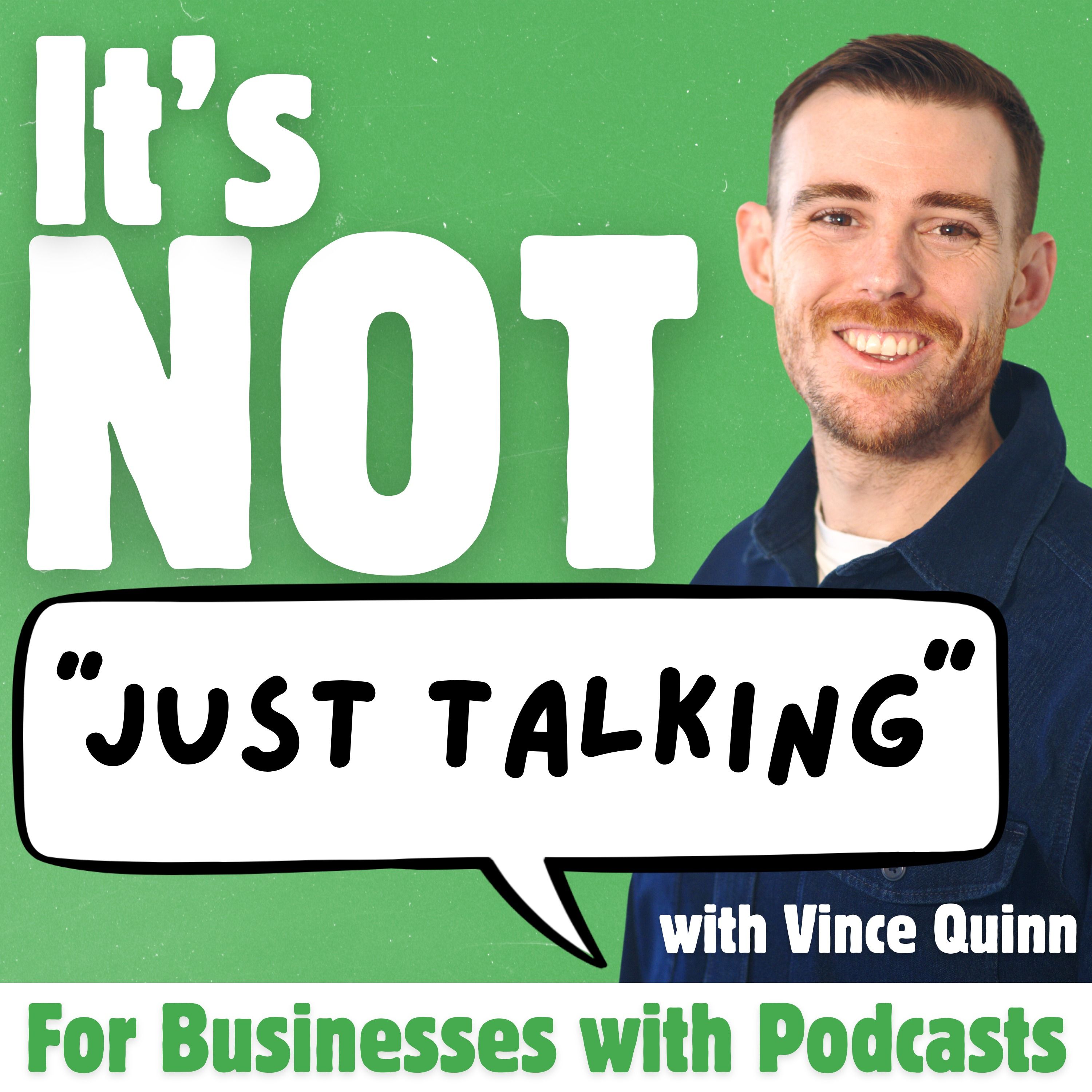
It's Not Just Talking with Vince Quinn
SBX Productions, Vince Quinn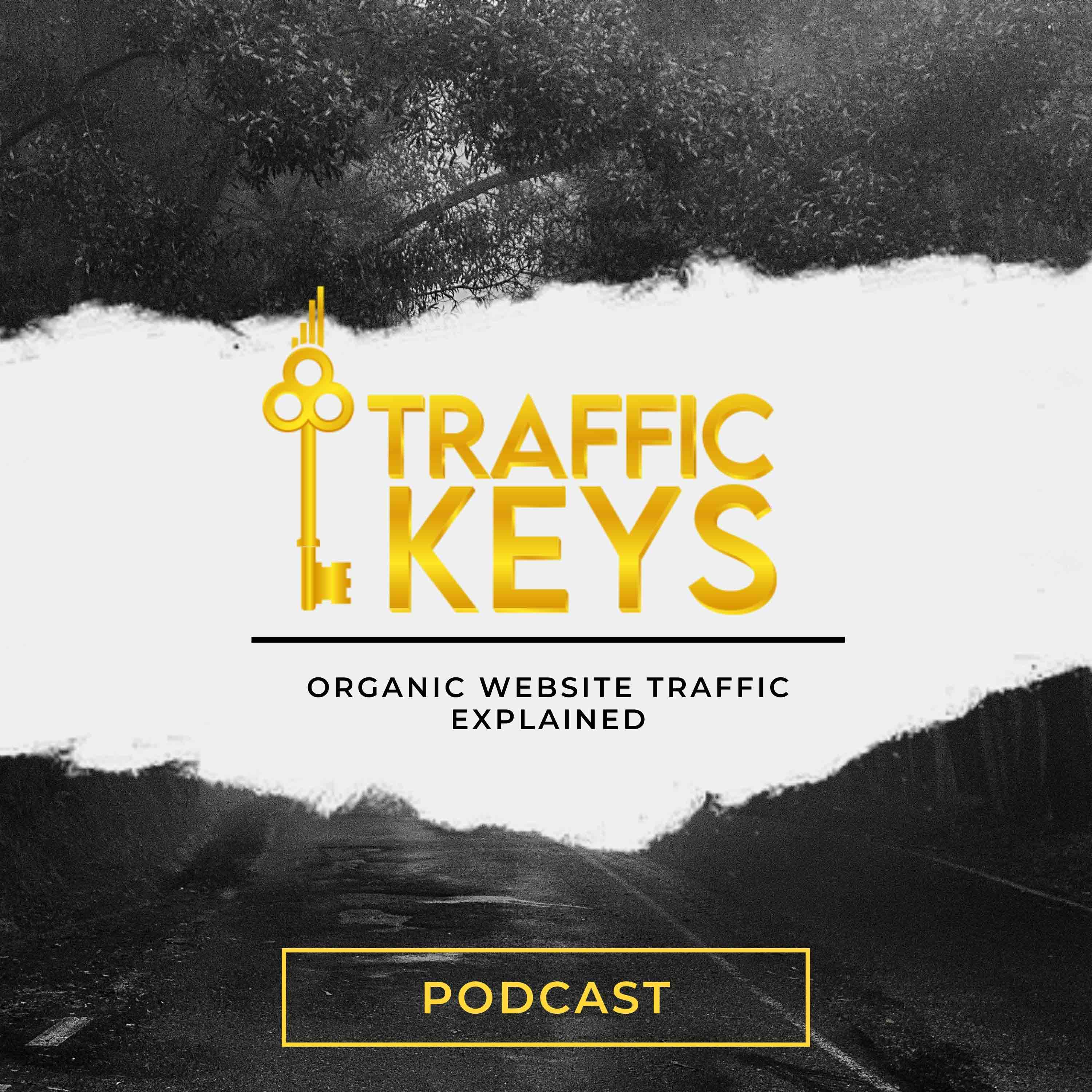
Traffic Keys Podcast
Atiba de Souza
I Have A Podcast by Vinnie Potestivo
Vinnie Potestivo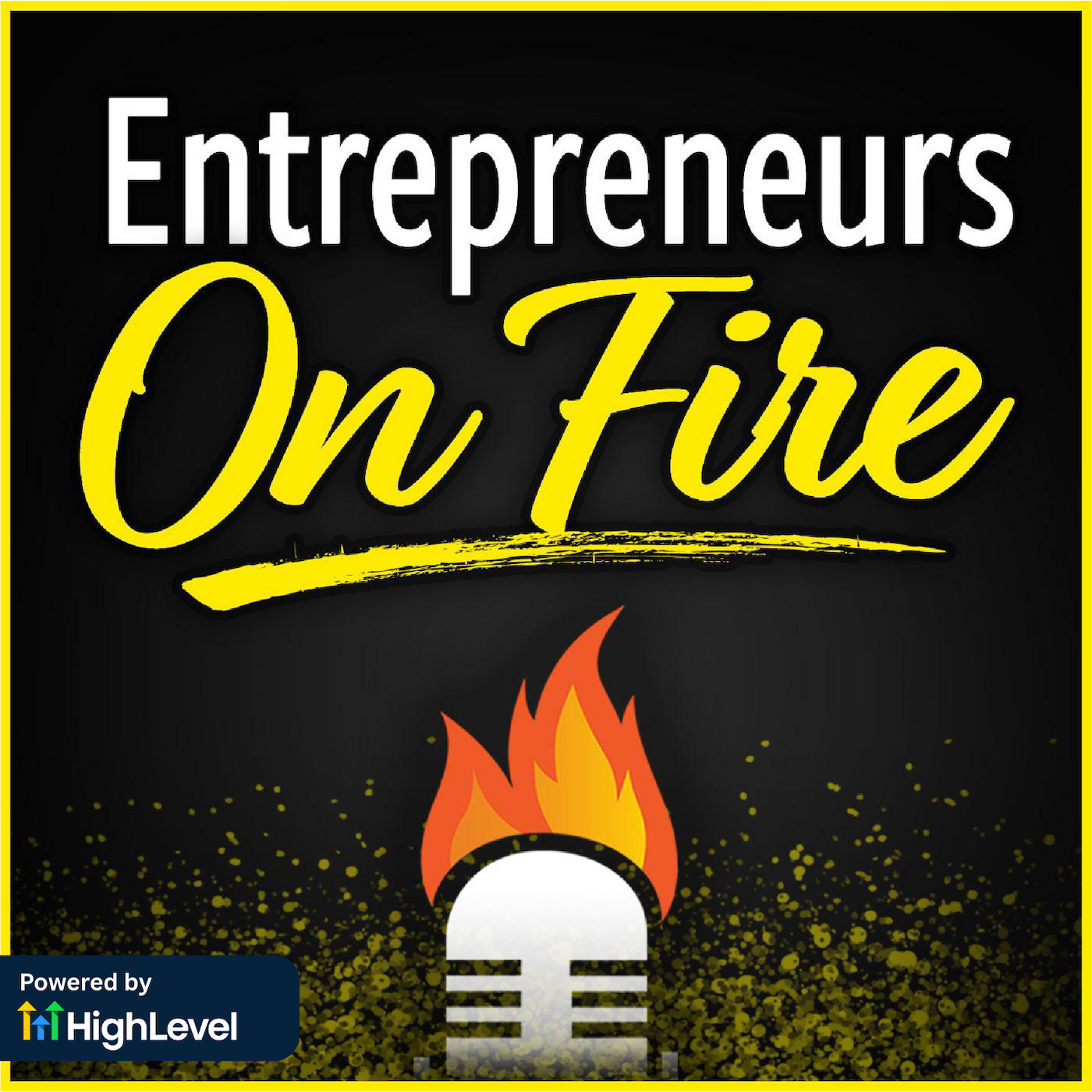
Entrepreneurs on Fire
John Lee Dumas of EOFire
Imperfect Marketing
Kendra Corman
Raise the Script with Nutrigenomics
Dr. Tamar Lawful, PharmD, APh, CNGS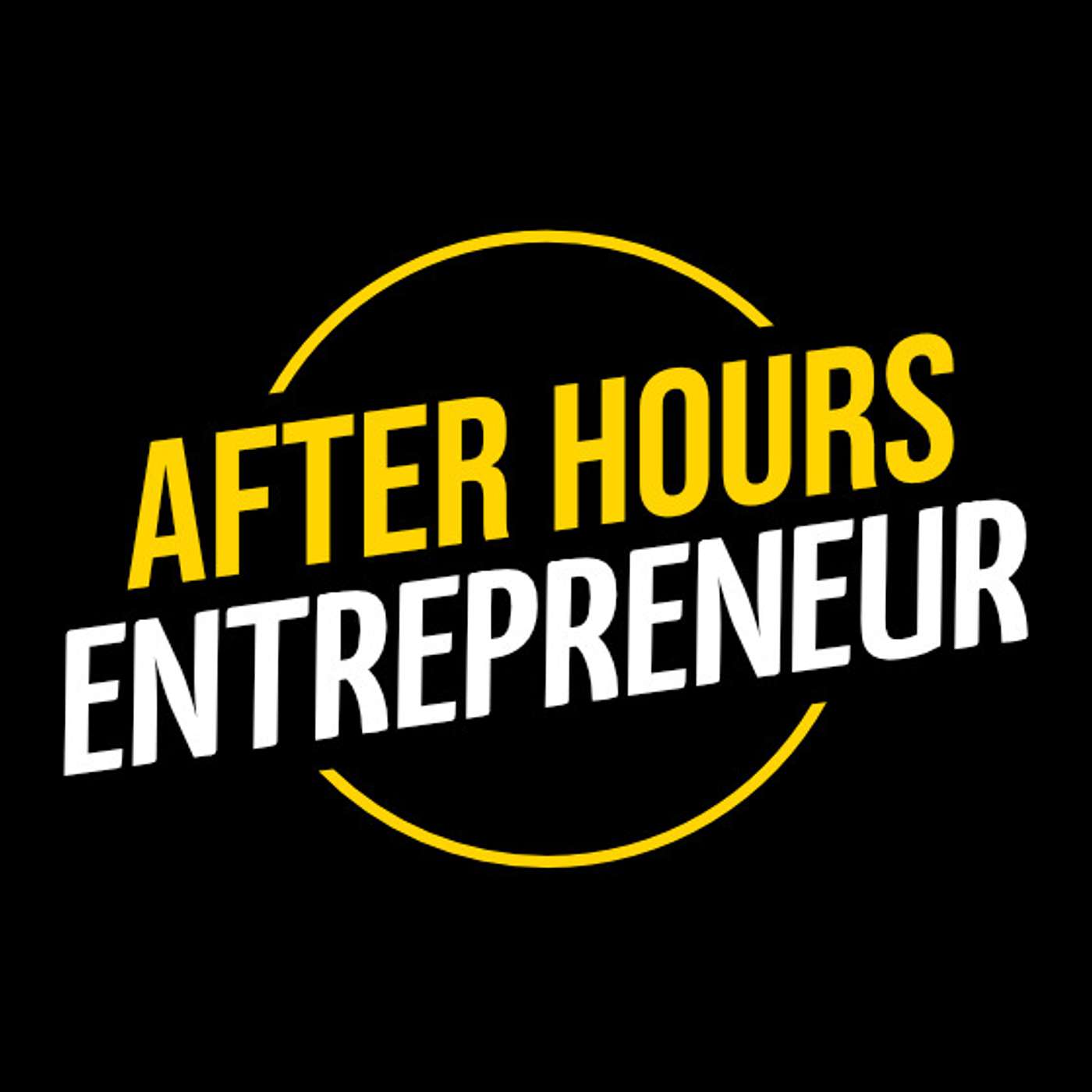
After Hours Entrepreneur with Mark Savant
Mark Savant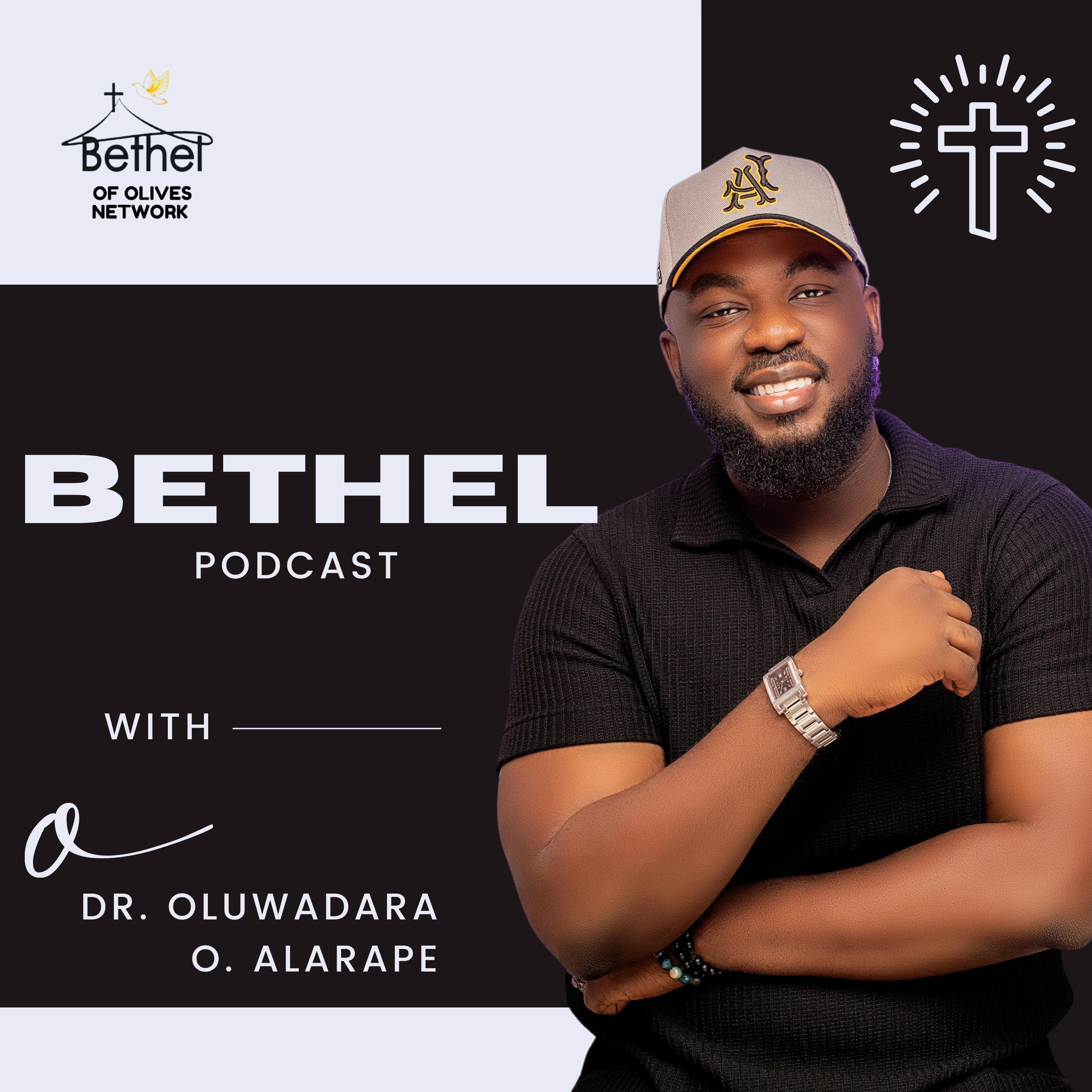
BETHEL
Dr. Oluwadara Alarape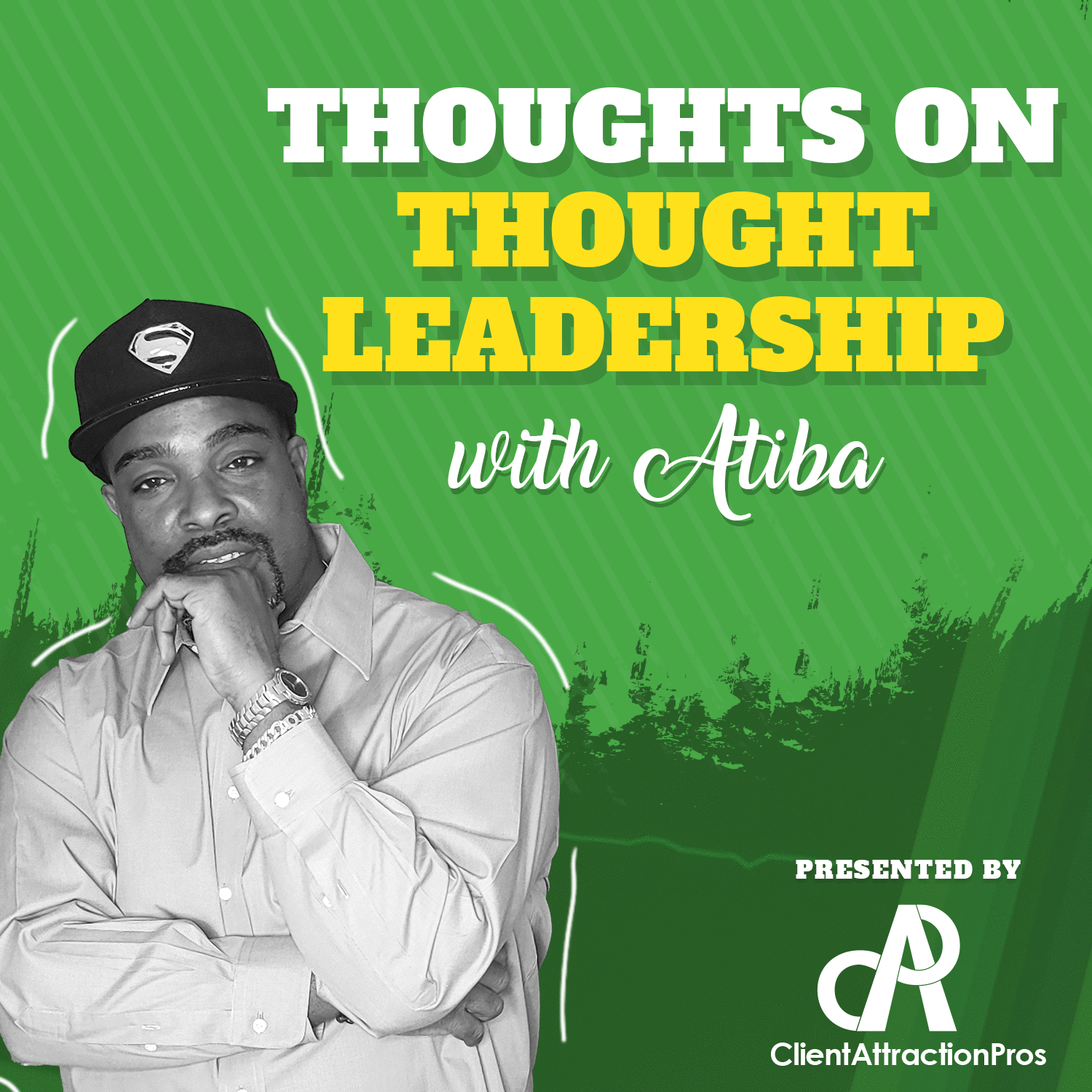
Thoughts on Thought Leadership with Atiba
Atiba de Souza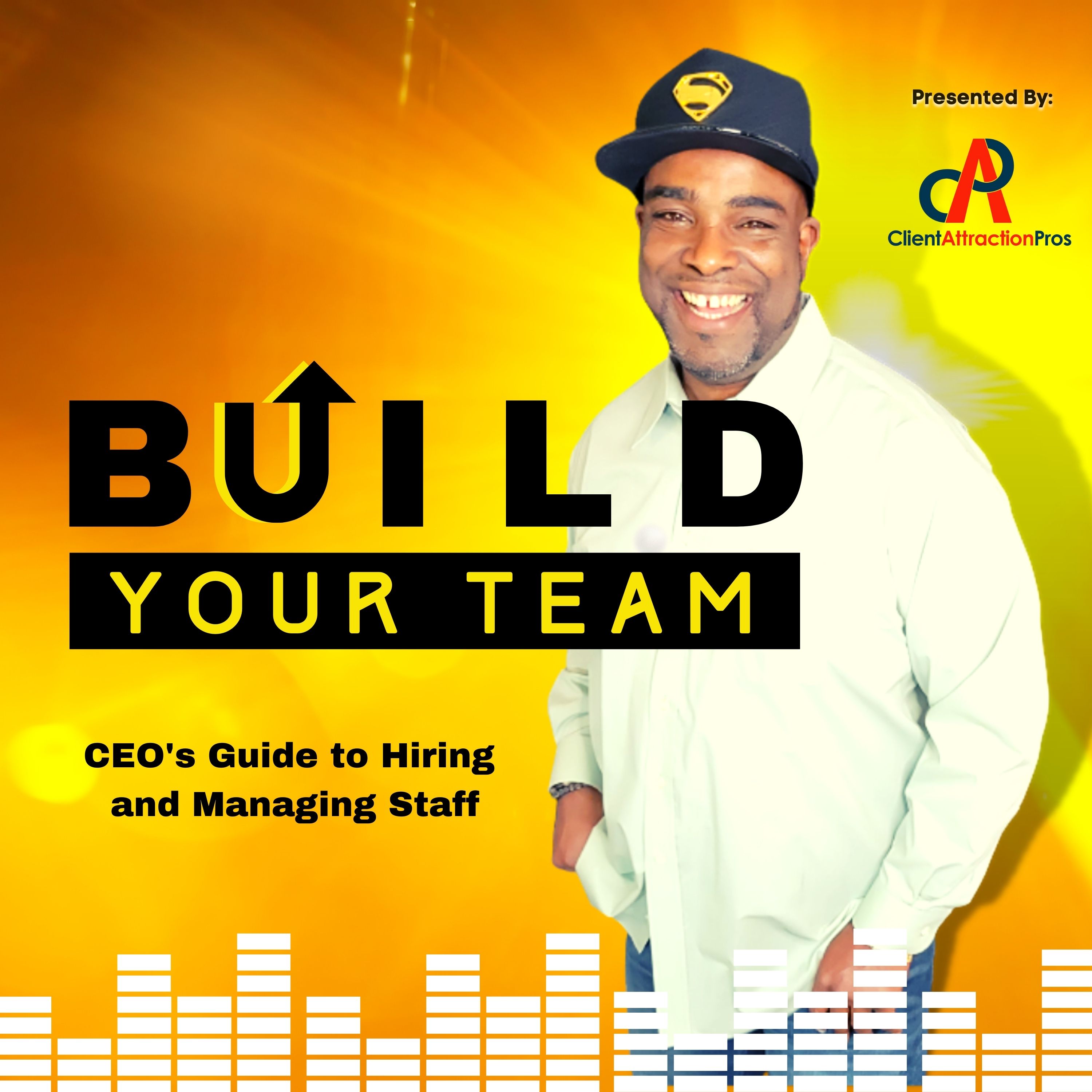
Build Your Team
Atiba de Souza
Inspirations for Your Life
John C. Morley, Serial Entreprener
Marketing in the Age of AI
Emanuel Rose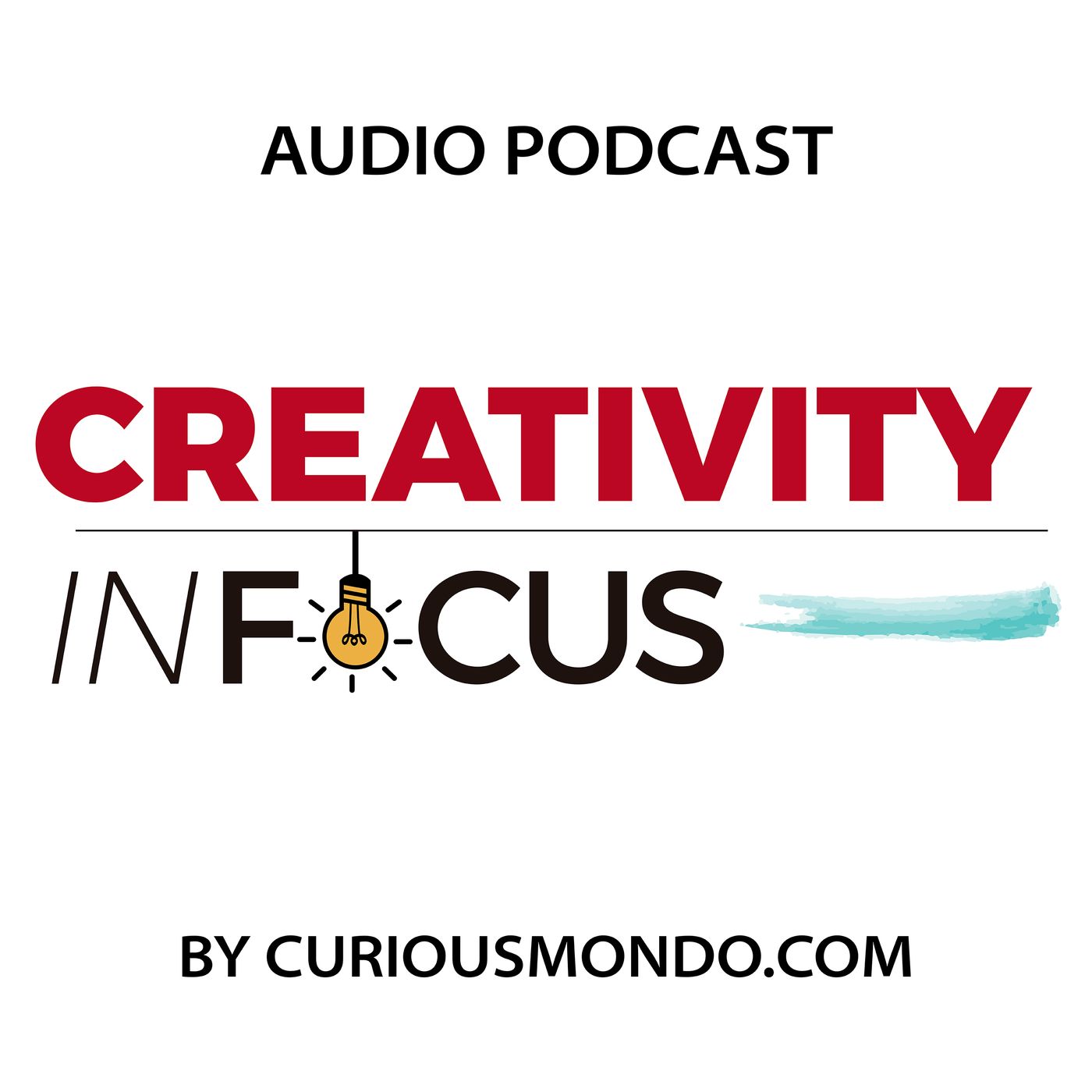
Creativity in Focus - Audio Only
Shahar Boyayan
Make Something Happen with Audrey Wiggins
Audrey Wiggins
The UnNoticed Entrepreneur
Jim James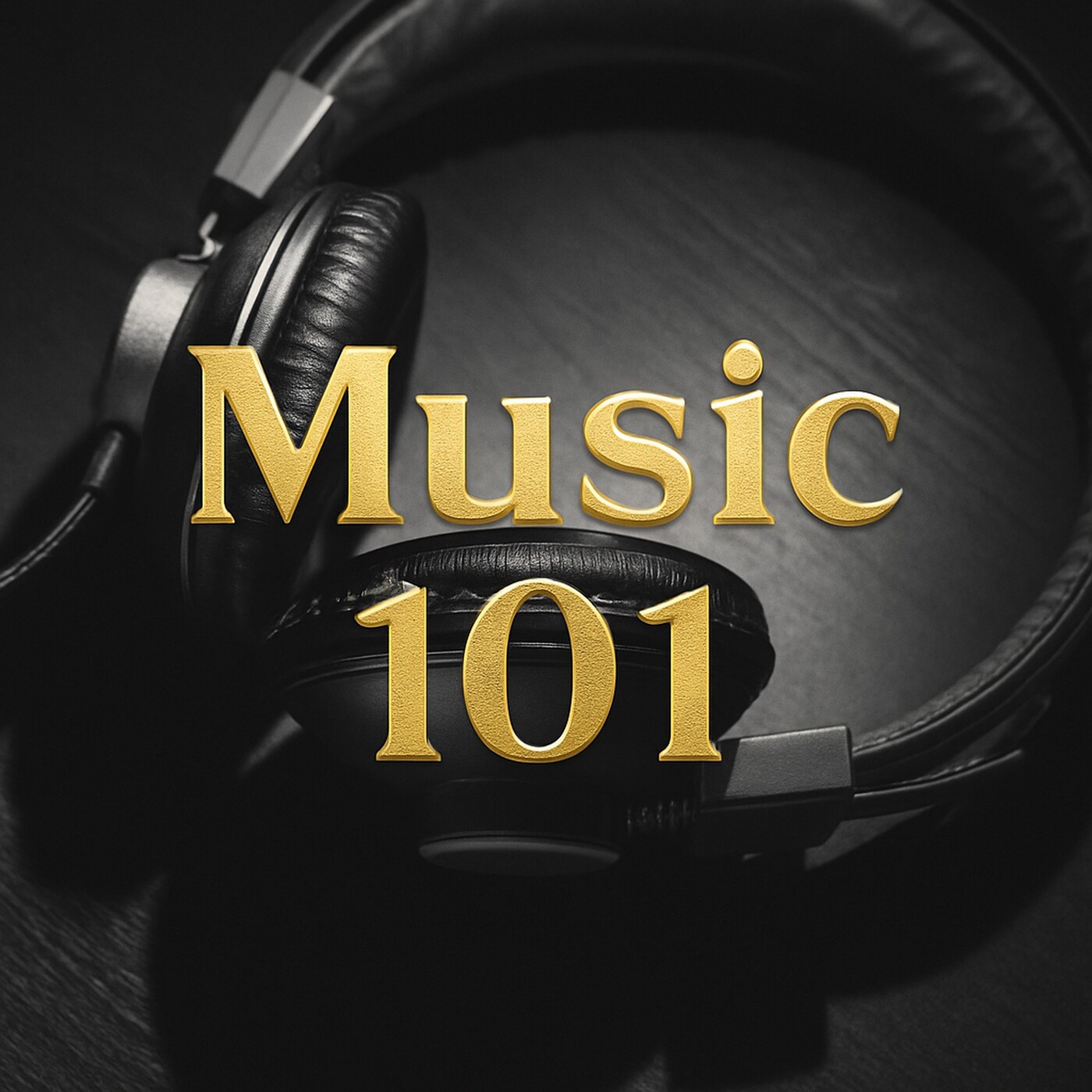
Music 101
Daniel Lucas / G.Mick Smith
Food 101
Daniel Lucas/Alessandro Panattoni
Abstract Essay
Daniel Lucas /Sal Cosenza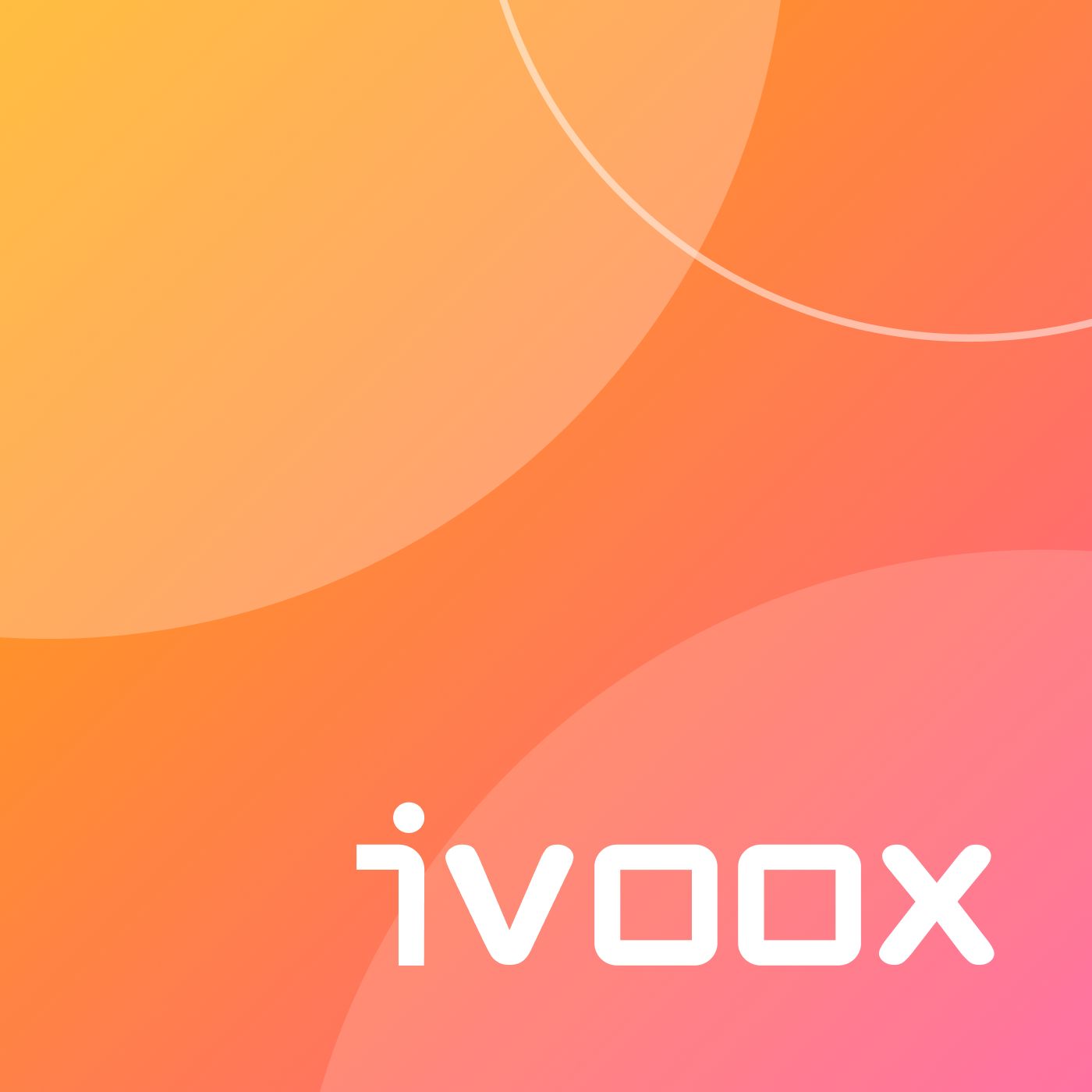
#iesgaherrera28d28sonidos
daniel lucas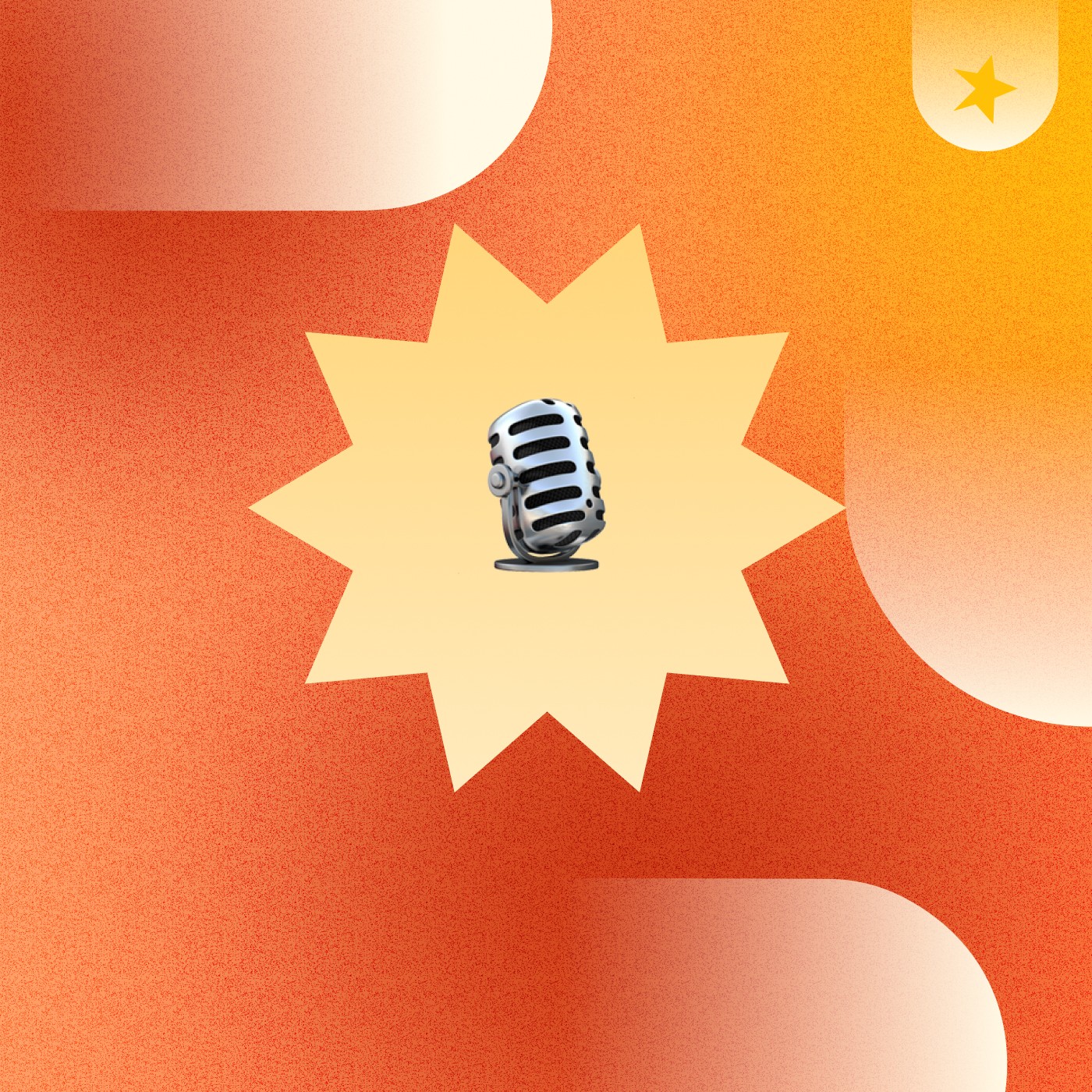
El podcast de Lucas Daniel Porra
Lucas Daniel PorraDaily Dose of Dave Podcast
Dave Valentine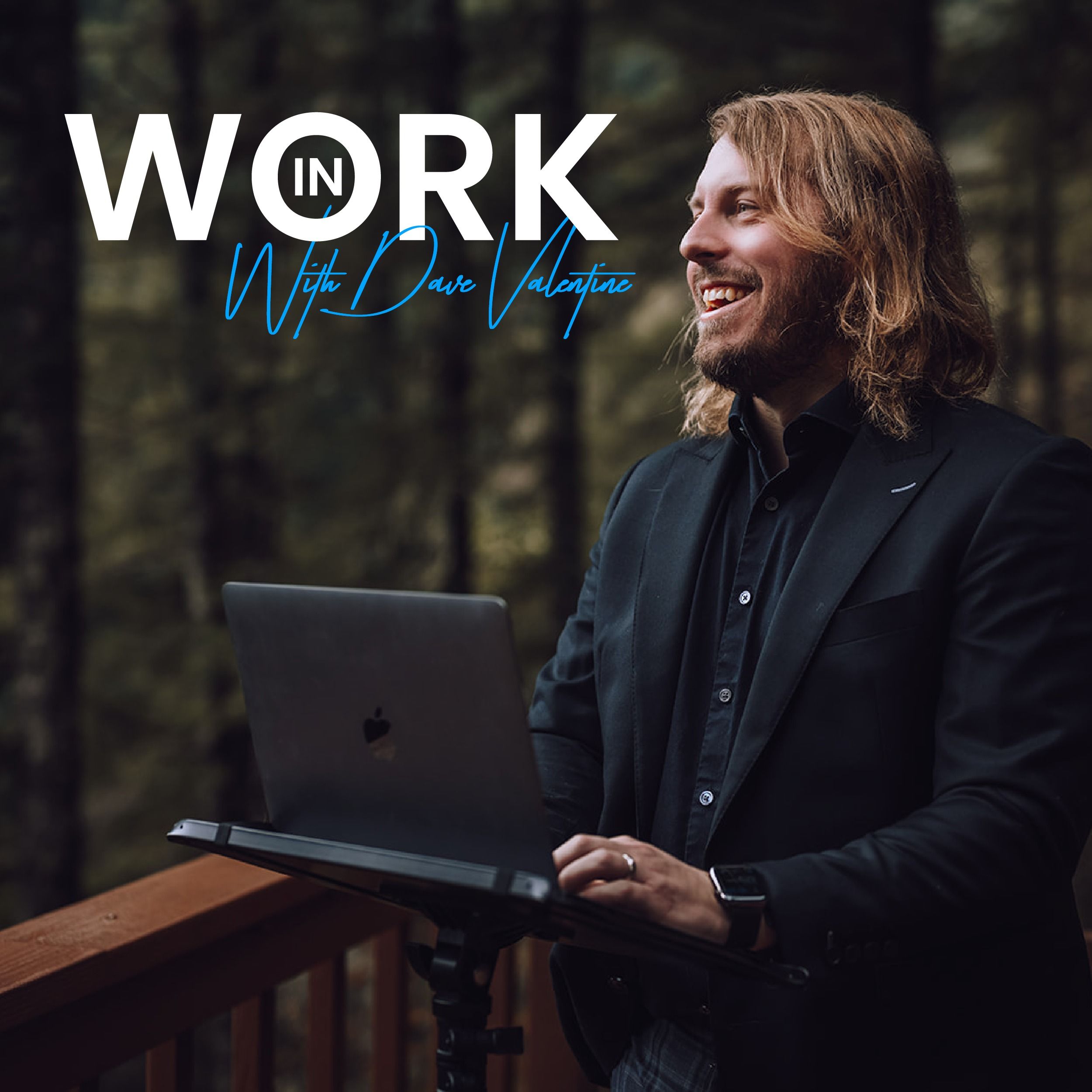
InWork Podcast with Dave Valentine
Dave Valentine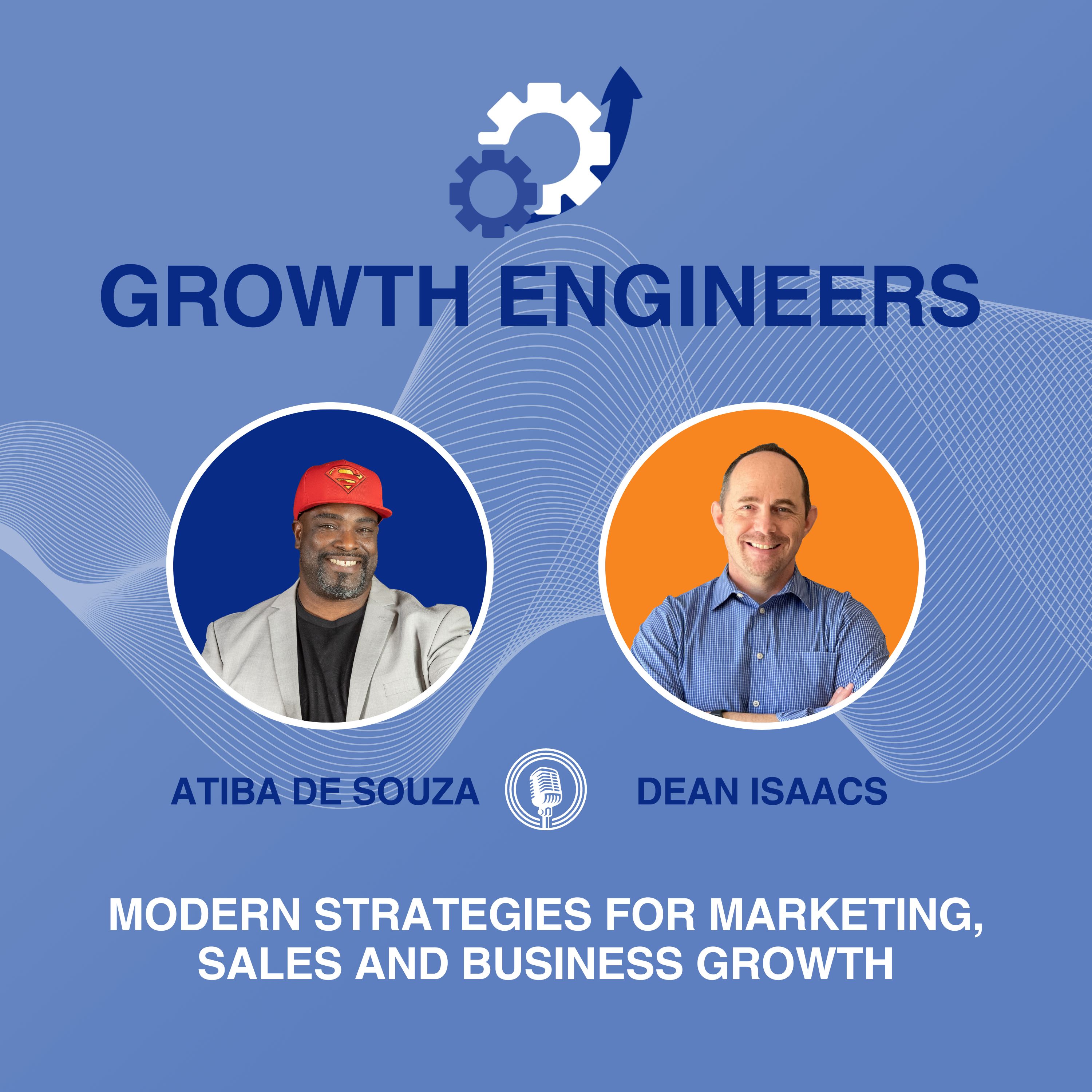
Growth Engineers
Atiba de Souza and Dean Issacs
Refuge Freedom Stories
Jonnie Taverner
St. Augustine of Hippo: Expositions of the Psalms
Mary McDonald
Podcasting for Financial Professionals
Virginia Elder
Best of Virginia Elder
Virginia Elder | Podcast Abundance
Gamify Business Tavern Tales
Paul Pape

